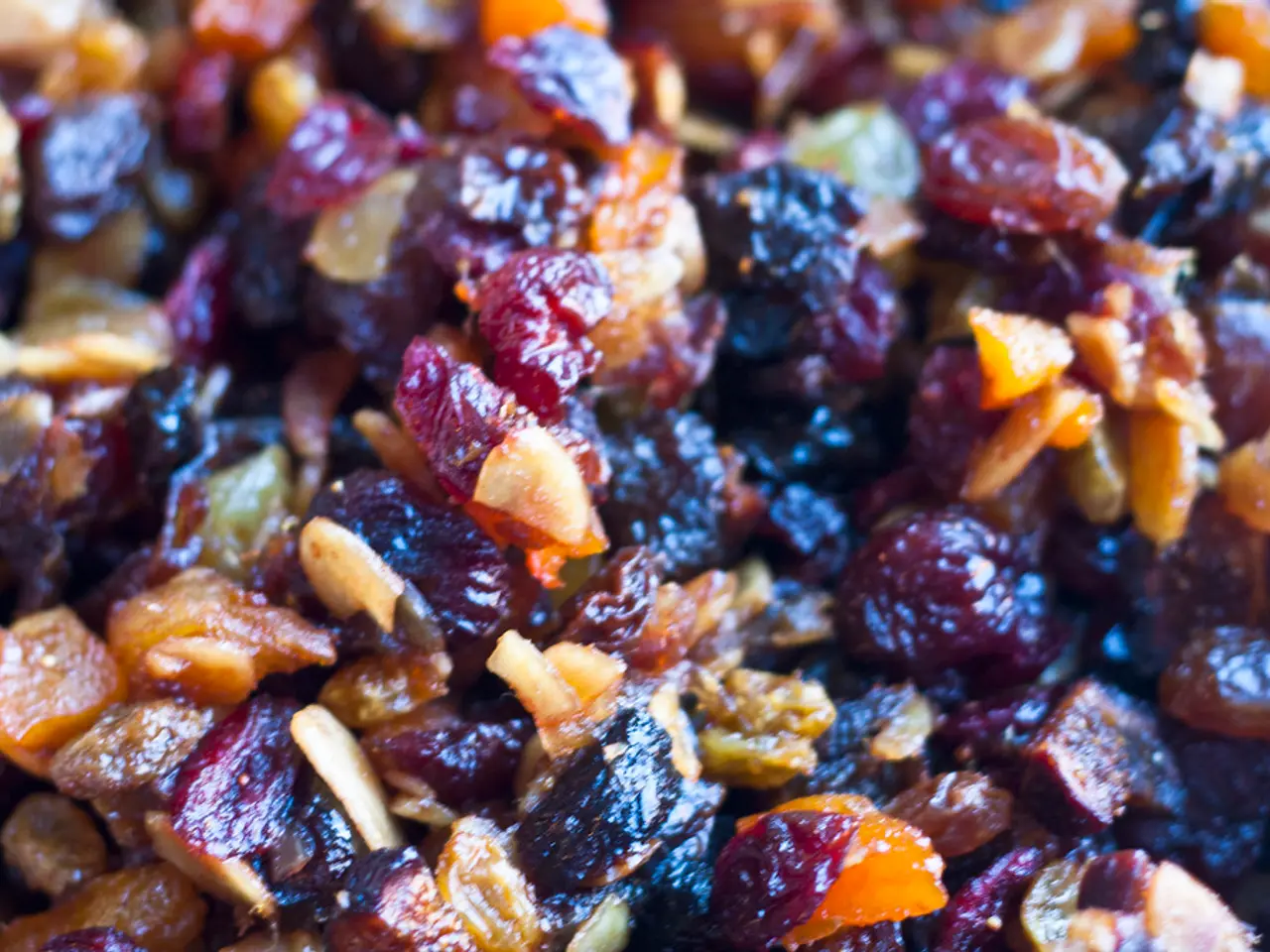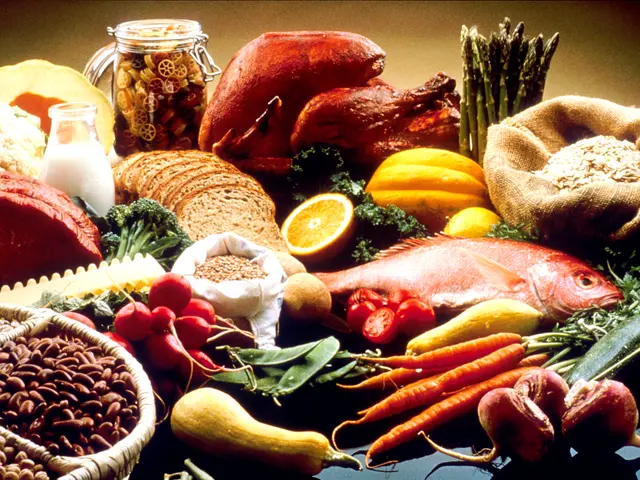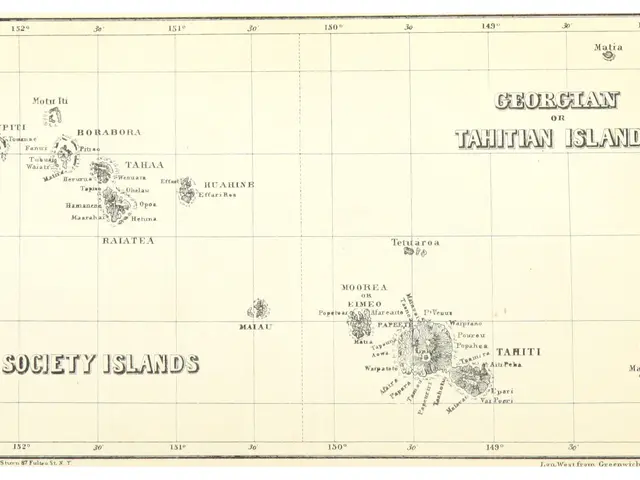Kenya’s fortified staples slash micronutrient gaps after decades of progress
Kenya has made steady progress in tackling micronutrient deficiencies through food fortification. The government enforces mandatory enrichment of staple foods like flour, oils, and salt to combat widespread issues such as anaemia, goitre, and vitamin A deficiency. These efforts build on decades of work, including a long-standing salt iodisation programme that began in the 1970s.
Food fortification involves adding essential vitamins and minerals to commonly eaten foods during production. For flour, nutrients are mixed in at the blending stage, while oils receive vitamin A palmitate. This process is closely monitored to ensure consistency and safety.
Kenya’s mandatory fortification policies have already reduced some deficiencies, but challenges remain. Salt iodisation has proven particularly effective, cutting goitre rates dramatically over the decades. With continued enforcement and support from groups like GAIN, the country aims to further improve nutrition and public health outcomes.







